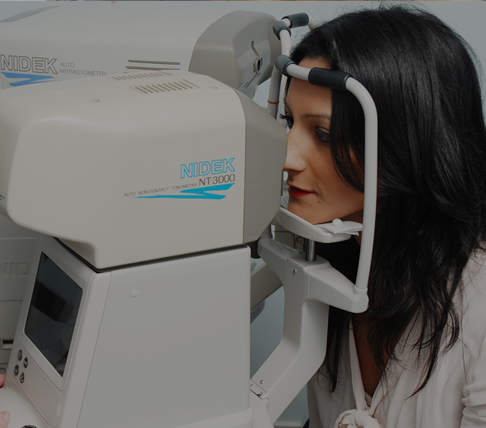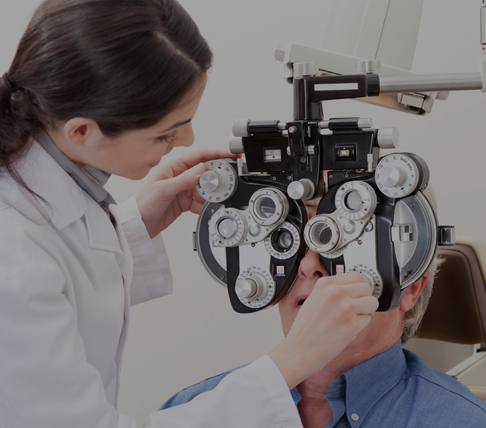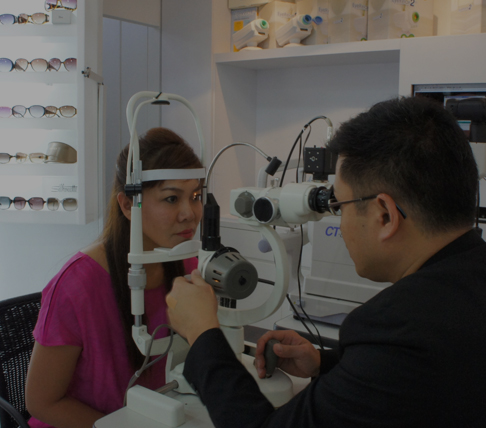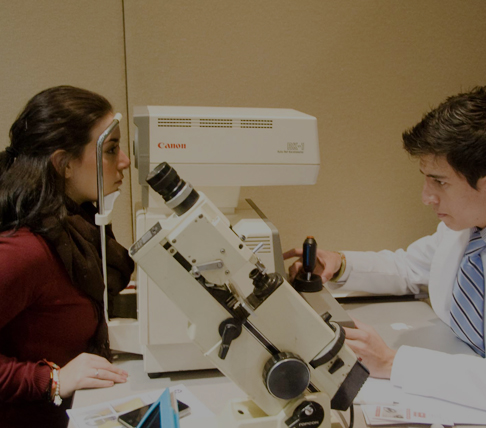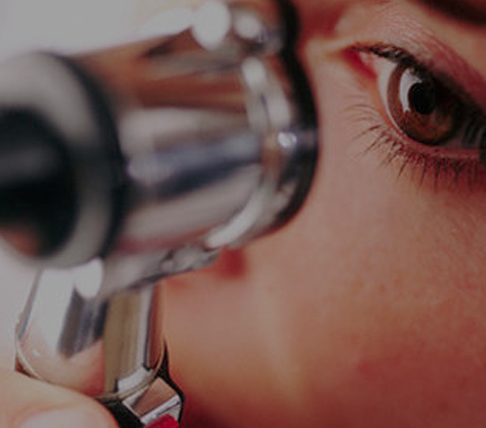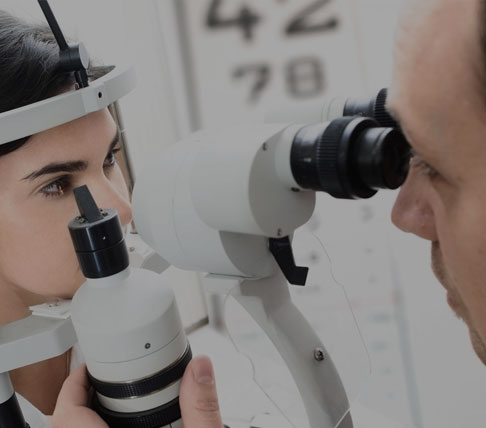
An eye examination is a series of tests performed by a qualified optometrist assessing vision and ability to focus on objects, as well as diagnostic examinations with regards to the eyes.
Everyone should have regular eye examination as part of routine care by the optometrists, especially since many eye diseases asymptomatic.
Early detection during eye examination like blinding eye diseases and ocular manifestations due to systemic disease, tumours or other brain anomalies can often be treated.
Who Should Be Tested?
Adults who wear prescription glasses or contact lenses should have a test every one to two years. Those who are not experiencing vision problems should do it every three to five years.
Children should have a refraction test every one to two years, starting at no later than three years of age.
Individuals who have diabetes should have an eye examination every year. Diabetic retinopathy and glaucoma are associated and they are at a higher risk for blindness.
Individuals over 40 or those with a family history of glaucoma should also have a test every year. Regular monitoring will help us to screen for glaucoma and other eye conditions associated with aging, and if possible, treat them early.
Eye Refraction
A refraction test is always as a part of routine eye examination. This vision tests tells us what refractive condition you need in your glasses or contact lenses. It can also be used to diagnose the following eye conditions:
Astigmatism: irregular curvature in the cornea that causes blurry or double image
Hyperopia: known as far/long-sightedness
Myopia: known as short/near-sightedness
Presbyopia: an age-related condition that causes lens of the eye to have difficulty focusing near
Infection on the cornea
Macular Degeneration: an age-related condition that affects your central vision
Retinal Detachment: a condition where the retina detaches from the rest of the eye
Digital Slit Lamp Biomicroscopy
A slit lamp examination allows us to see structures at the front of the eye like the eyelids, conjunctiva, iris, lens, sclera, and cornea. Using this instrument, we can microscopically examine the eye for any abnormalities or problems.
Our biomicrography encompasses a wide spectrum of photographic imaging for illustration. The photographed image of the eye can be captured digitally and be displayed on screen. Thus, an accurate diagnosis and a clearer explanation of the eye health condition can be provided.
Soft Non-contact Tonometry
Tonometry is a procedure that measures the intraocular pressure (IOP), the fluid pressure inside the eye. Noncontact (or air-puff) tonometry is children-friendly and does not touch eye but uses a soft puff of air to flatten the cornea. The readings taken can allow us to monitor the intraocular pressure.
High or increased pressure may indicate those at risk of glaucoma. People over age 40, have the highest risk for developing glaucoma. Regular eye examinations can help early detection while prompt treatment of glaucoma can prevent serious damage to the retina.
Computer Vision Syndrome
CVS is a vision-related problem that is due to extended use of computer, tablet and mobile phones. Individuals can experience eye discomfort and vision problems when viewing on a digital screen for a protracted, uninterrupted period of time. This condition can be aggravated by improper lighting conditions, air movements and low humidity conditions or even increased/ excessive computer usage.
Some common symptoms are:
Eye irritation due to dry, itchy or red eyes
Headaches
Blurred vision/ double vision
Eye strain
Back, neck and shoulder pain
Muscle fatigue
Difficulty in refocusing the vision
Some possible causes
wrong viewing distances
poor seating posture
poor lighting
indirect glare on a digital screen
uncorrected vision problems
Although CVS has not been found to cause any harm to the eyes, its undesirable symptoms can affect performance at work and at home.
Ocular Function Analysis
A series of eye function procedures shall be performed to determine effectiveness of the ocular muscles movement, 3D vision, pupil response and visual fields. These different tests are performed to evaluate the ability, flexibility and magnitude of the eye’s focusing ability, papillary reflexes and visual fields.
Binocular Vision Assessment
Binocular vision is the ability to maintain focus on an object with both eyes, resulting a single visual image. An adult's absence of binocular vision can experience difficulty in depth perception and poor visual distance measurement.
When the two eyes are unable to align properly, this will put strain on the eyes muscles as they are constantly realigning to refocus.
Symptoms may include:
Blurry or double vision
Dizziness or disorientation
Itching discomfort
Poor eye-hand coordination
Preference of using an eye while near task such as reading
Eyestrain or headaches
Poor concentrating ability
Words move/ float while reading
Different diagnostic tests for ocular accommodation, vergence and stereopsis can be performed to determine and evaluate an individual’s binocular performance.
Colour Vision & Macular Degeneration Tests
Colour perception test will be performed to detect common colour vision defects using the pseudoisochromatic plates test. The most familiar color vision problem, especially the males involves confusing reds and greens are common. Some may also have problems in the blue yellow range.
Macular degeneration test involves testing the central vision capabilities and health of the retina. This test enables us to detect vision problems resulting from damage to the macula or the optic nerve. An early diagnosis can limit or at least slow the vision loss due to early treatment.
How is CVS diagnosed?
At Eyes Fusion Optometrists, we conduct a comprehensive eye exam with special attention on visual requirements at different working conditions. CVS can be diagnosed through various tests that include:
Detailed Patient History Taking
Eye refraction Test with visual acuity measurements
Eye Mobility & Focus Tests
Thus, using the information and results of these tests, we can determine and suggest various treatment options and preventive solutions to help relieve CVS conditions.
